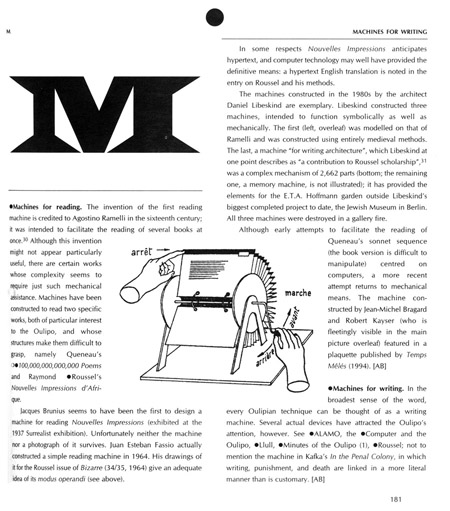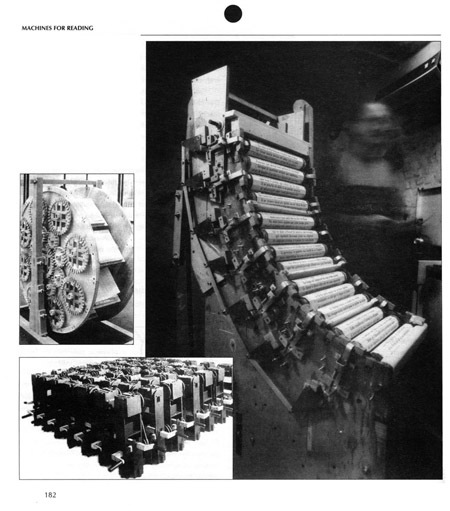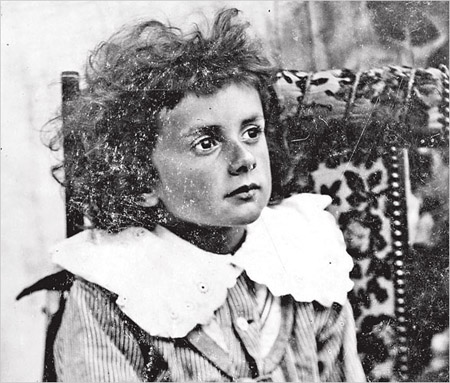“— And I hear this and I start thinking, What is my child thinking?; now, for the first time, I need to know what my child is thinking; for what are his or her thoughts if not my own – though purified, and stripped of inessentials; that, for me, had been a reason to have a child: to be able to think again, but anew, afresh, displaced; after all, it is called conception; until now, I haven’t wanted to communicate with my child through anything even approximating language; all through my first months of pregnancy, I was glad to dispense with literal meaning, to free myself from the restrictions of verbal significance; then I could just listen, and hear what my child – my self – was telling me without words; and there was much that I heard; but no longer: now I want to hear what my child would like to say – what he or she would want to say; in an excess of significance I had waited 5 years before agreeing to conceive, following the California Organic Growers’ Association guidelines for reconversion of soil; it was foolish, I knew all along, but I needed it: I needed some objective metric; now, again, I need some objective metric: I want to know what my child is thinking; I can no longer rely on an absence of meaning: I have been betrayed by silence and interpretation; now I want to know what my child is thinking; I am terrified of unmeaning—”
(Evan Dara, The Lost Scrapbook, p. 419.)


